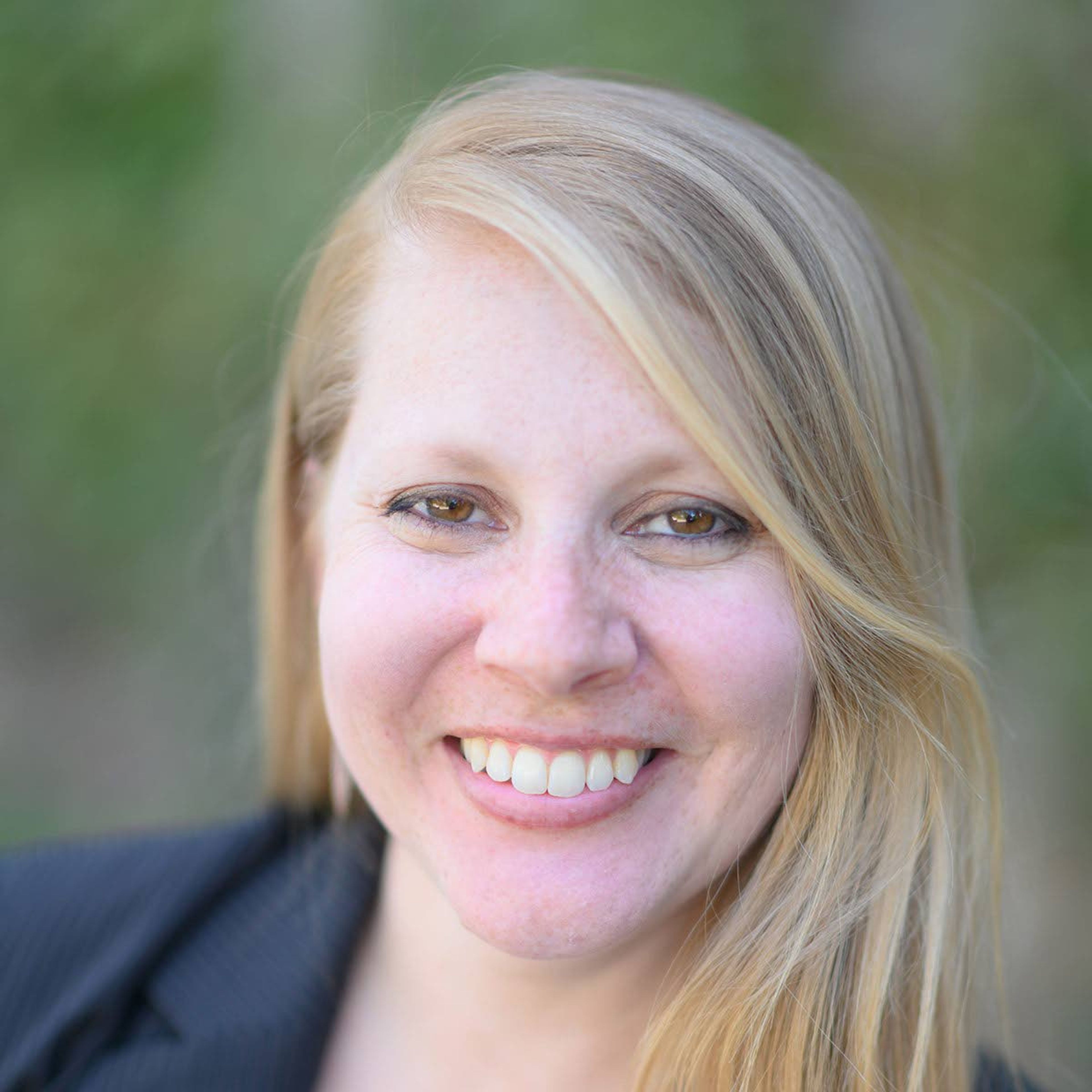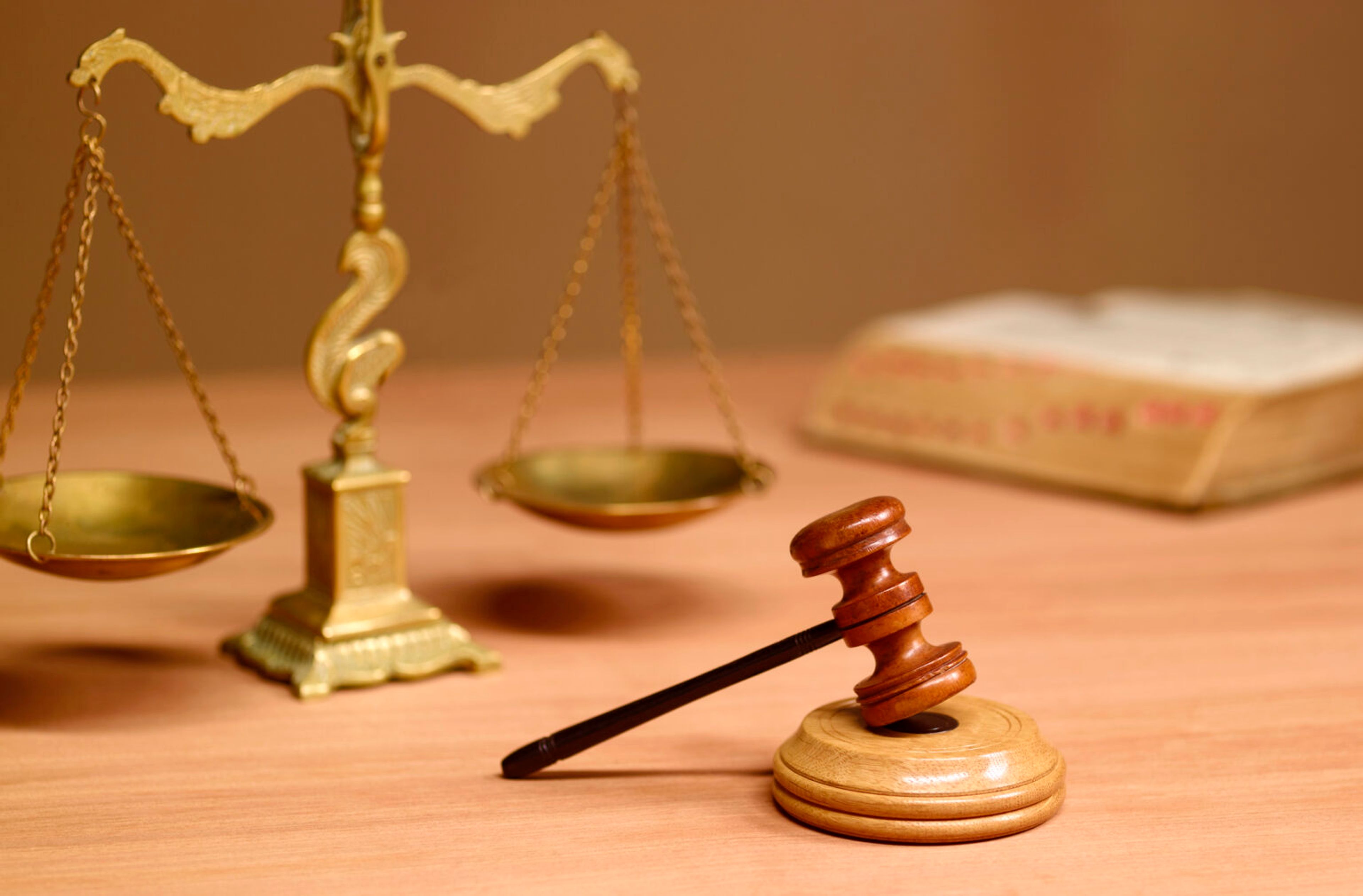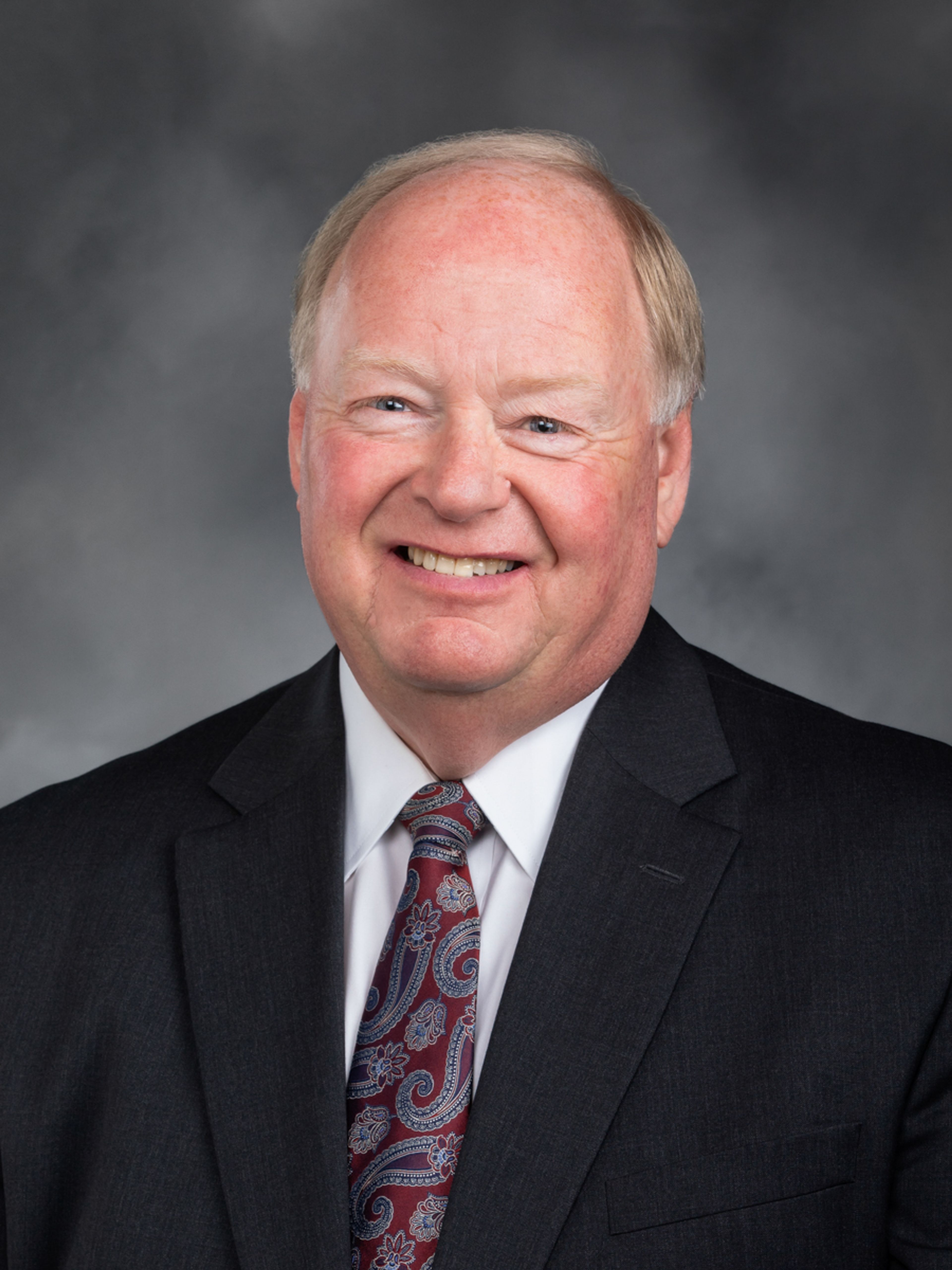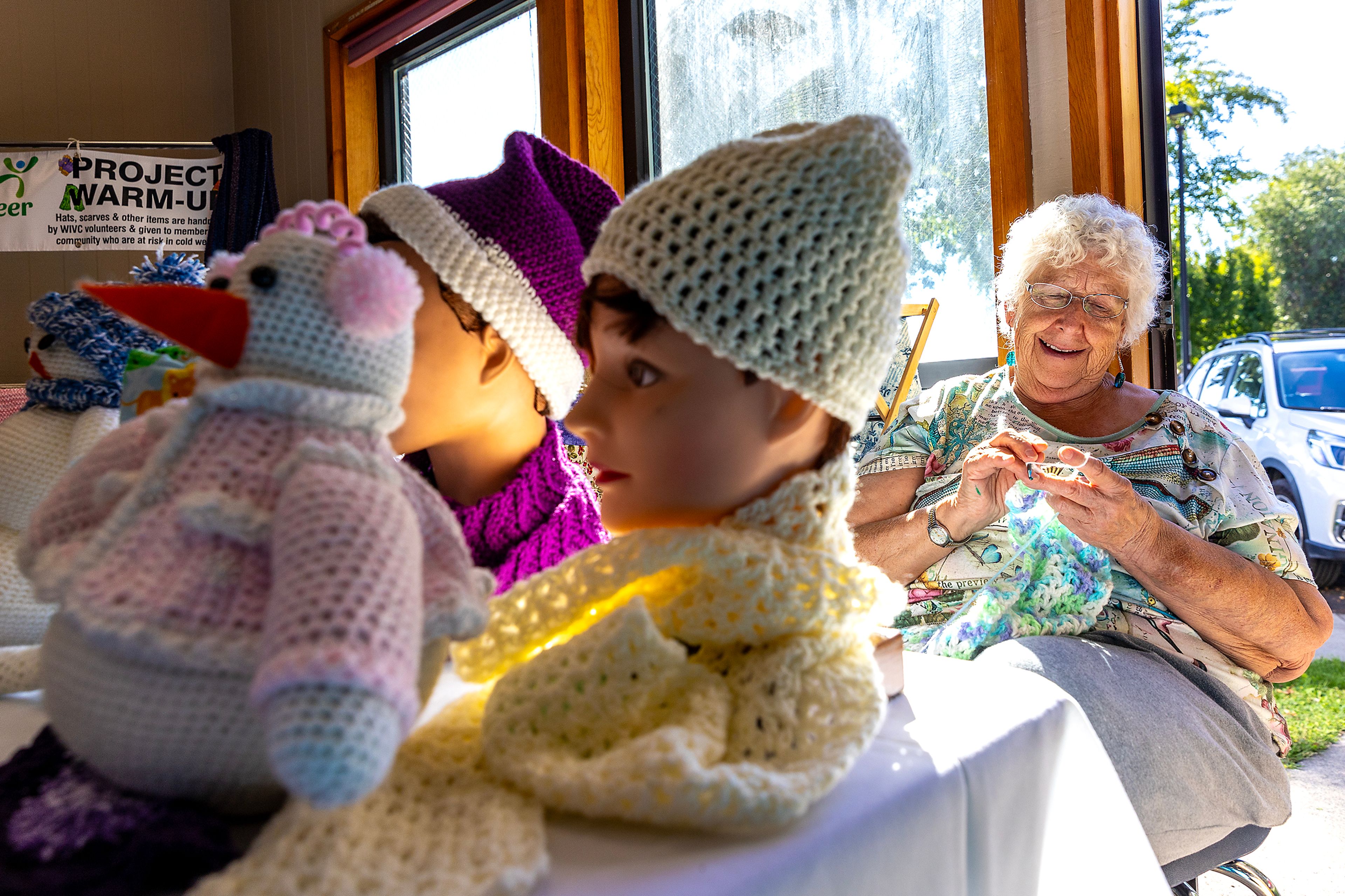MOSCOW — The League of Women Voters of Moscow hosted University of Idaho History Department Chairwoman Rebecca Scofield on Wednesday for a discussion about what critical race theory is — and what it isn’t.
Scofield, an associate professor of American history at UI, says much of the recent scrutiny in response to critical race theory lacks a definition or basic knowledge of the concept itself.
“I’m utterly baffled to be here today,” Scofield said. “I do lots of interesting research and I never actually thought this would be what I’d be out talking about. Critical race theory, or CRT, is a pretty esoteric set of ideas that is nonpolitical in a lot of ways.”
The roots of critical race theory can be traced back to a lawyer, Kimberle Crenshaw, who wrote a paper about intersectionality in the 1980s.
Crenshaw’s work analyzed how judges approached discrimination cases at the time. During the forum Wednesday, Scofield read a quote from Crenshaw.
“In particular, courts seem to think that race discrimination was what happened to all Black people across gender, and sex discrimination was what happened to all women,” she recited. “If that is your framework, of course, what happens to Black women and other women of color is going to be hard to see.”
The argument was that if people only see others as a single identity category, they’re going to lose much of the complexity regarding how people navigate their daily lives.
“Crenshaw’s initial intent was to break down those hierarchies and to show people interact with society on a variety of levels,” Scofield said. “A lot of critical race theory is grounded in extrapolating out from individual experiences.”
She says the critique is not on the individual operating in the world, but rather on a system of laws that are created and enforced by judges.
From Crenshaw’s work emerged a larger body of literature eventually dubbed critical race theory.
“We’re talking about three decades-worth of scholars contributing to these ideas about how not just race, but class, religion, sexuality and gender all interplay with institutions in the United States and also globally.”
However, confusion surrounding what the theory actually is has spurred outrage at school board meetings and legislative sessions around the nation. According to Scofield, the rapid politicization of the topic over the last year has had a lasting impact on educators.
Instead of receiving pay raises for their bravery during the pandemic, she added, teachers have been faced with heightened public scrutiny about what they might be imparting to students.
“They’re just trying to keep our kids safe and make sure they learn the basics,” she said. “People can throw out CRT as the boogeyman and we’re left scrambling to figure out how to respond to it and not lose funding to education while they’re off on their next adventure.”
Palermo can be reached at apalermo@dnews.com or on Twitter @apalermotweets.






